Having cats at home is quite challenging, especially owning 5 of them. I always make sure that my house is clean and that I can maintain a comfortable environment for me and my feline companions. Since I’m quite addicted to smelling good plug-in air fresheners might seem like a convenient way. But I can’t also ignore their potential impact on my cats’ health.
Cats have up to 200 million odor-sensitive cells in their noses, compared to about 5 million in humans, making their sense of smell approximately 14 times more sensitive than ours. This heightened sensitivity means that strong scents can be overwhelming and potentially harmful to them.
It’s crucial to keep toxic household items away from my cats to prevent illness. I’ll share why I avoid plug-in air fresheners and the safer alternatives I use instead.
Risks of Plug-in Air Fresheners for Cats
Plug-in air fresheners pose significant risks to your feline friends. These products contain volatile organic compounds (VOCs) and other chemicals like phthalates that are not only toxic to us but also to cats, potentially causing eye and throat irritation, headaches, and even damage to vital organs.
Cats’ superior sense of smell makes them especially sensitive to strong scents, increasing their vulnerability. Even air fresheners labeled “natural” or “organic” may contain harmful ingredients. To protect your cat’s health, it’s best to avoid using these products altogether and opt for safer alternatives.
Related Article: Good vs. Bad Scented Candles for Dogs
Signs of Air Freshener Poisoning in Cats
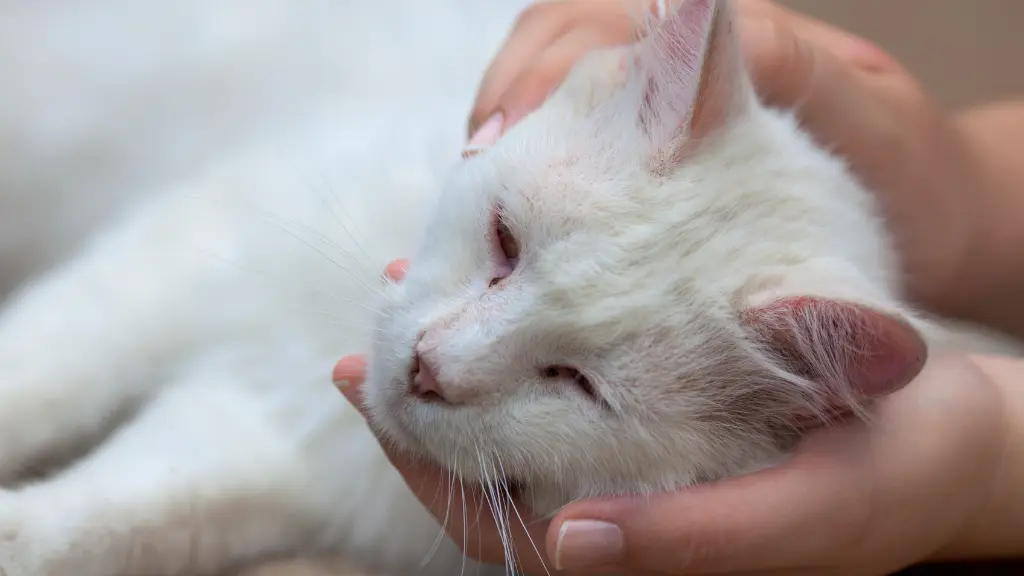
If you notice something unusual in your cat’s health, make sure to review the signs of air freshener poisoning to stay informed. Recognizing these symptoms early can help you take the necessary steps to protect your feline companion and seek prompt veterinary care if needed.
Respiratory Symptoms: Your cat’s sensitive respiratory system might be affected by air freshener chemicals. Keep an eye out for:
- Coughing
- Wheezing
- Difficulty breathing
Gastrointestinal Distress: Your cat may show signs of distress if they ingest or inhale toxic air freshener substances. Watch for:
- Vomiting
- Diarrhea
- Excessive drooling
Behavioral Changes: Your cat’s lethargy, withdrawal, or loss of appetite could indicate air freshener toxicity. Look for:
- Unusual fatigue
- Hiding or avoiding interaction
- Decreased appetite
Immediate Steps to Take if Your Cat Is Affected
If your cat shows signs of distress after exposure to an air freshener, it’s important to act quickly to minimize the effects. Follow these steps to ensure their safety and well-being.
- Remove the Source: Take away the harmful air freshener immediately.
- Ventilate the Area: Open windows to allow fresh air to circulate.
- Observe Symptoms: Watch for signs like breathing issues, lethargy, or vomiting.
- Contact Your Veterinarian: Provide details about the air freshener and your cat’s symptoms.
- Follow Veterinary Advice: If symptoms are severe, seek emergency treatment.
- Clean Your Cat: Wash your cat’s fur and paws with gentle dish soap to remove residue.
- Hydrate Your Cat: According to WebMD, when your cat is dehydrated add a small amount of chicken broth or tuna juice to their water, and instead of dry food, try giving them wet food.
Safe Alternatives for a Fresh-Smelling Home
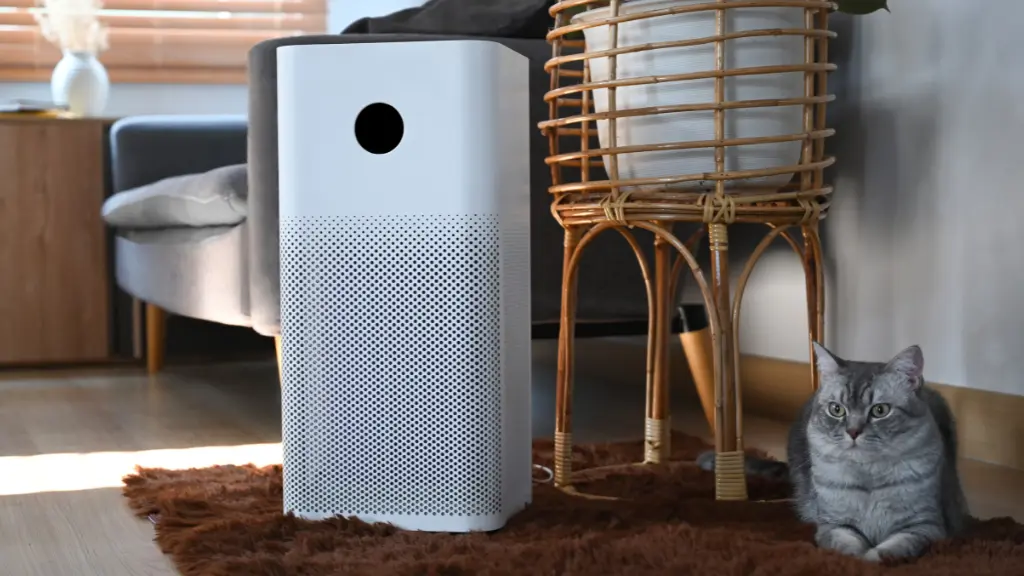
Natural Odor Absorbers
Baking soda and vinegar are effective, non-toxic options for absorbing odors. Place bowls of these around your home or sprinkle baking soda in litter boxes. Activated charcoal bags also work wonders in trapping unwanted smells. Make sure to place them in areas where your pets cannot chew or ingest them, such as on shelves or in corners.
Air-Purifying Solutions
Invest in a quality air purifier to improve air quality and remove odors, enhancing your home scents naturally. Alternatively, add air-purifying plants around your home for a fresh, clean aroma. These options not only tackle odors effectively but also create a healthier environment for your family and pets.
Debunking “Green” or “Natural” Products
While natural air fresheners are often marketed as safer alternatives, it’s important to approach these claims critically. Many “green” products still contain volatile compounds that may irritate sensitive felines.
Essential oils, a common ingredient in natural fresheners, can be toxic to cats in high concentrations. The ASPCA Poison Control Center lists these as the 10 most harmful essential oils for cats:
- Cinnamon oil
- Citrus oil (including those with d-limonene)
- Clove oil
- Eucalyptus
- Pennyroyal oil
- Peppermint oil
- Pine oil
- Tea tree/Melaleuca oil
- Wintergreen oil
- Ylang Ylang
Always research specific ingredients and consult your veterinarian before introducing any new scents, regardless of their “natural” label.
Creating a Pet-Safe Environment
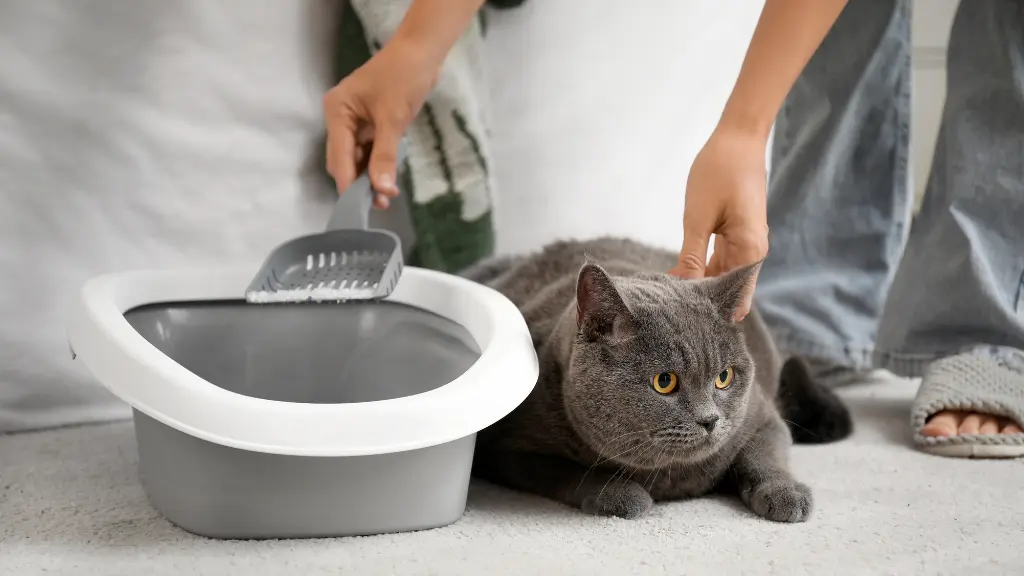
By removing potential hazards and providing a cozy space, you can ensure your feline friend feels secure and happy. Follow these steps to make your home cat-friendly.
Identify and Remove Hazards
✔️ Secure cabinets with childproof latches to prevent access to chemicals and medications.
✔️ Cover trash cans to stop your cat from rummaging through harmful items.
✔️ Block small spaces where cats might get stuck, such as under appliances or furniture.
✔️ Remove or secure dangling wires to prevent chewing.
✔️ Eliminate toxic plants and small objects that could pose choking hazards.
Provide a Comfortable Space
✔️ Set up a designated area with a cozy bed, water, and toys.
✔️ Use pet-friendly flooring and easy-to-clean fabrics.
✔️ Ensure your cat has access to a quiet resting spot for naps and relaxation.
✔️ Create a safe space for your cat to retreat to when feeling scared or overwhelmed.
Final Thoughts
As a cat owner, your pet’s safety comes first. Plug-in air fresheners may seem convenient, but their risks outweigh the benefits. Instead, choose safe options like natural ventilation or pet-friendly products. Always consult your vet before using new scents to ensure your cat’s well-being.
Keep your home fresh, your pets safe, and your hearts full of love—because a happy cat means a happy home.
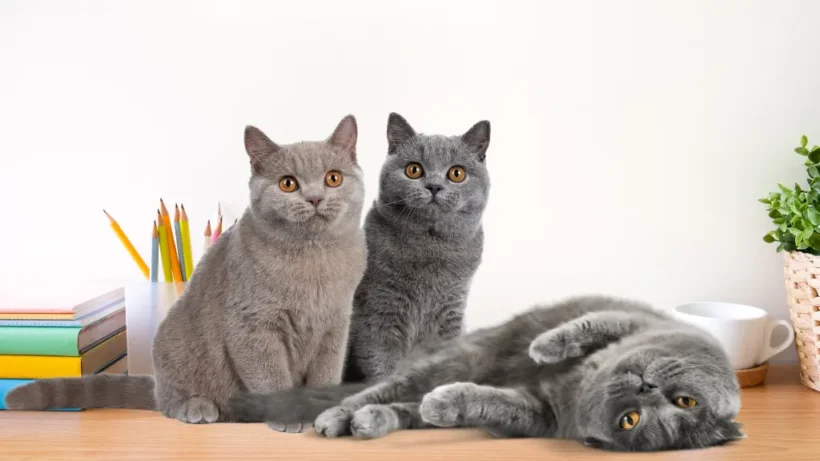
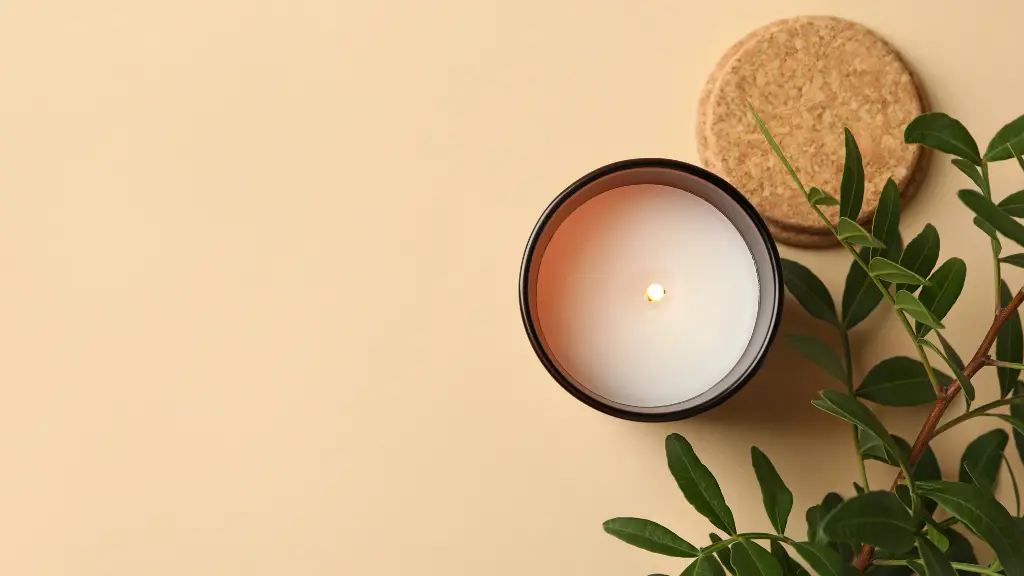

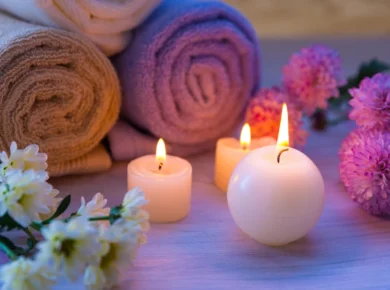
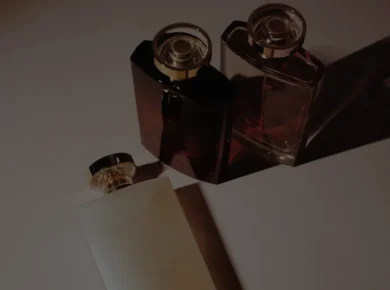
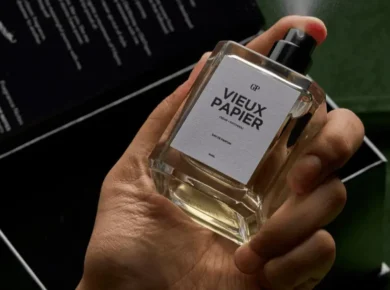


3 comments
Comments are closed.